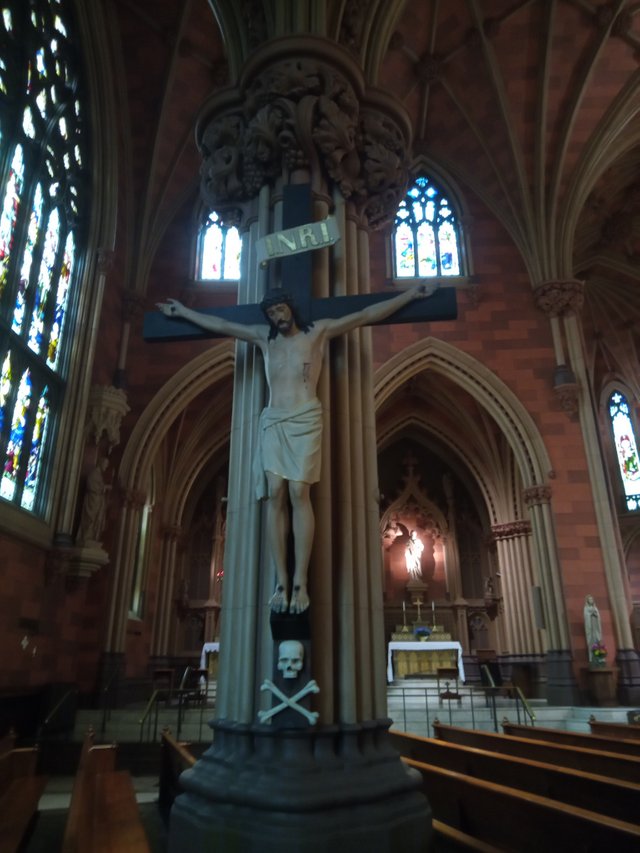Was The Catholic Church The First Church?
The claim that the Catholic Church was the first church is based on several historical facts and pieces of evidence. While it is important to note that other Christian denominations also have early origins, the Catholic Church holds a distinct position in terms of its historical continuity and theological primacy. Here are some facts that support the Catholic Church's claim as the first church:
Apostolic Foundation: The Catholic Church traces its origins back to the apostles, specifically Saint Peter, who was designated by Jesus as the rock upon which He would build His Church (Matthew 16:18-19). This apostolic foundation sets the Catholic Church apart as a direct continuation of the teachings and mission of Jesus Christ.
Early Christian Community: The Catholic Church emerged as a distinct Christian community in the first century. It can be seen in the New Testament writings, which highlight the early Christian practices, leadership structure, and teachings that align with Catholic tradition.
Papal Succession: The Catholic Church claims an unbroken line of papal succession, starting with Saint Peter as the first Pope. The papacy serves as a historical and theological anchor, providing continuity and centralized authority within the Church.
Council of Jerusalem: The Council of Jerusalem, as described in the Book of Acts (Acts 15), played a significant role in addressing key doctrinal and practical matters for the early Christian community. The council's decisions laid the foundation for unity and governance within the Church.
Early Church Fathers: Prominent figures known as the Early Church Fathers, such as Ignatius of Antioch, Polycarp, and Augustine of Hippo, wrote extensively on matters of doctrine, worship, and Church governance. Their writings reflect the development of early Catholic beliefs and practices.
Ecumenical Councils: The Catholic Church has convened various ecumenical councils throughout history to address theological controversies and establish doctrinal positions. These councils, such as the Council of Nicaea (325 AD) and the Council of Trent (1545-1563), played a pivotal role in shaping Catholic teachings and affirming its historical primacy.
Cultural Influence: The Catholic Church has had a profound impact on Western civilization, shaping art, architecture, literature, education, and moral values. Its contributions to the development of Western culture are widely acknowledged and attest to its historical significance.
While these facts support the claim of the Catholic Church as the first church, it is essential to recognize that Christianity has evolved into various denominations over time. Each Christian denomination has its unique historical background and theological perspectives.
